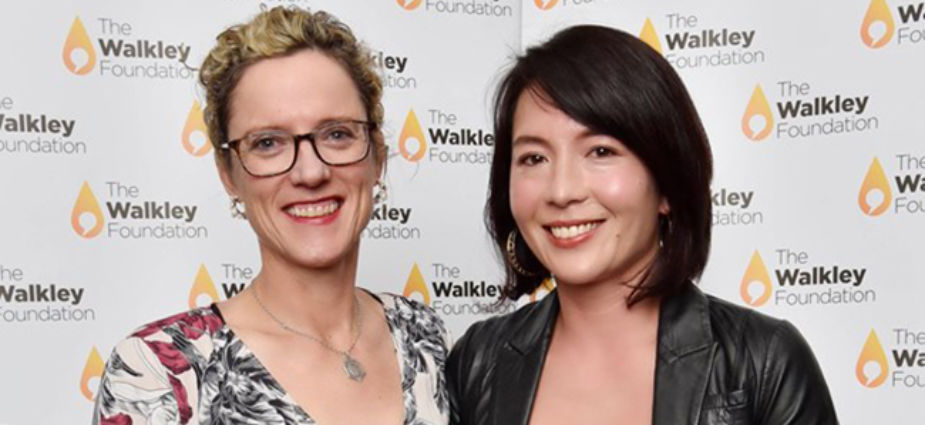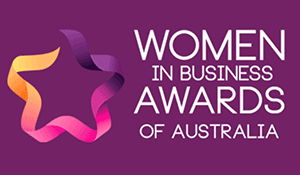National violence prevention leader Our Watch contributed to the National Summit on Women’s Safety on 6 and 7 September, as part of the National Plan Advisory Group. Our Watch CEO Patty Kinnersly said that after thousands took to the streets to March 4 Justice, it was clear that the Australian public wanted this issue to be treated as an urgent national priority.
“The national summit will inform the next actions needed for the second National Plan to Reduce Violence Against Women,” she said. “We are seeing a groundswell of public concern […]. The summit is a chance to show how these important conversations can be translated into stronger action.” The summit covered a range of topics such as sexual violence, workplace sexual harassment and financial abuse, and these discussions are crucial to inform the shape of the second National Plan.
Our Watch wants the second National Plan to prioritise prevention alongside early intervention and response strategies. “We need dedicated strategies, commitment and long-term funding for primary prevention work […]. We are also calling for the prevention components of the National Plan to be clearly aligned with Change the story as the national prevention framework, to ensure that it is informed by international best practice, research and evidence, and that it addresses the known drivers of gendered violence.
“The Plan needs to ensure that [organisations and] groups who want to do prevention work, and those who already are, are able to have support and be connected to the evidence and resources that they need. It’s also vital that the Plan addresses all forms of violence against women – physical, sexual, financial and coercive control – and that it addresses violence that occurs in all contexts, from relationships to workplaces, to public places. And it must include strategies that will prevent violence against all women.”
Kinnersly said this means also looking at how other forms of discrimination intersect with gender inequality such as racism, ageism, colonisation, homophobia and transphobia. She also said that there needs to be a greater focus on working with men and boys. “We need to move beyond only working with men as perpetrators. To prevent men from using violence in the first place, we need to support them to challenge harmful forms of masculinity as well as challenge attitudes, behaviours and structures that support or condone men’s use of violence against women.
“All women have a right to be safe in their homes, workplaces and in public, that is a fundamental human right. To achieve this, we need ongoing commitments from all governments, workplaces, education facilities, sporting organisations and the media to address […] violence against women, and to [promote] gender equality […].”
Readers also enjoyed our story about International Women’s Day












